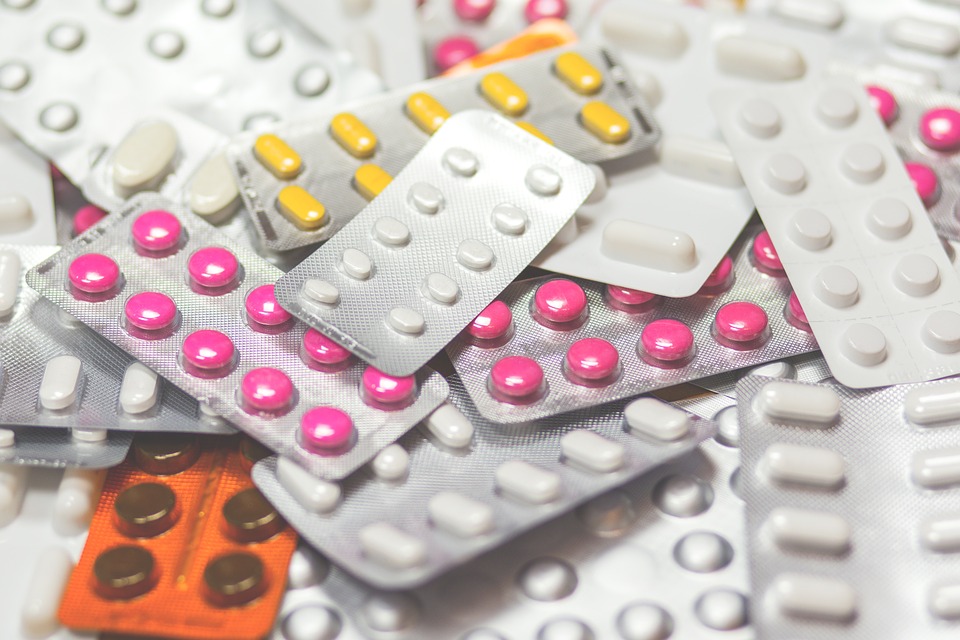
A killer disease that can’t be treated sounds like the plot to a horror film. Antibiotic resistance is just as scary, and it’s a very real threat. Hollywood normally solves the problem with an attractive scientist coming up with a simple solution. In the real world, the heroes are everyday people who choose to safely use antibiotics only as prescribed by a qualified professional. Here are some facts you might not know about antibiotic resistance, and how you can make a difference.
Resistance happens naturally – but we’re making it much worse.
Antibiotics are used to kill or weaken bacteria, which helps your body to fight the infection. Antibiotic resistance happens when antibiotics are not used correctly, resulting in bacteria that have “learned” how to resist that type of medication. They can then be passed on to other people.
While bacteria naturally adapt to become “stronger”, humans are making the situation much worse by giving unnecessary antibiotics to people, crops, animals and fish. Antibiotics are essential medications that have saved countless lives, but they should not be misused.
It’s a huge threat.
The WHO state that “Antibiotic resistance is one of the biggest threats to global health, food security, and development today.” If you get an antibiotic-resistant bacterial infection, the standard treatments will not work for you. Your physician will have to find stronger and rarer antibiotics, and in some cases the bacteria is so resistant that treatment options run out. Antibiotic resistance can affect anyone, of any age, in any country.
There are significant consequences.
Some infections that used to be relatively easy to treat, such as pneumonia, gonorrhoea and salmonella infections, now have strains that are resistant to some or all antibiotics. While modern medicine is able to treat illnesses that were previously almost a death sentence, antibiotic resistance puts many modern procedures at risk.
For example, chemotherapy and surgeries like transplanting organs and caesarean sections become much more dangerous with the chance of contracting an infection that can’t be treated. Antibiotic resistance leads to longer hospital stays, higher medical costs and a higher rate of death.
We can help fight it.
The situation is far from hopeless, and we can all do our part to slow down the effects. Many colds, flus and sicknesses are caused by viruses or other microbes, which antibiotics cannot kill. Only bacterial infections need antibiotics, and often our body can be given the chance to fight off infection by itself before going on a course of antibiotics.
Avoiding bacterial infections in the first place reduces your chances of contracting an illness that requires antibiotics. Get vaccinated, wash your hands regularly, and seek medical advice before taking medication. Never share your medication or take someone else’s.
Your doctor can help.
Qualified healthcare professionals are the only people who can tell you what antibiotics you should take, the dosage and how long you should be taking them for. You can help by listening to their advice, following it (even if you feel better before the treatment ends), and not pressuring them to give you antibiotics. See your GP if you are unwell, and work with them to find the right solution for your individual circumstances. We all have a personal responsibility to help combat antibiotic resistance.
Click here to book an appointment with a GP to discuss illness and appropriate treatment –>
